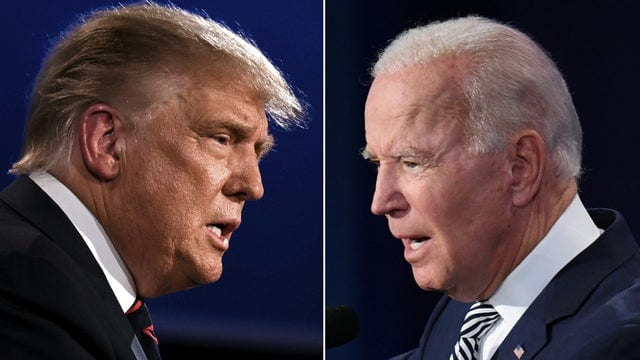Jan. 17, Dale Carpenter, constitutional law professor at SMU Dallas Dedman School of Law, for a piece arguing that President Trump does not have the right to pardon himself. Published in the Washington Post section, Made By History with the heading No, the Constitution does not allow President Trump to pardon himself: http://wapo.st/39M3QGK
All of this once again raises the question: Can he pardon himself? He tweeted in 2018 that he had the right to do so, but does he?
Not according to the words, history or structure of the Constitution. In fact, such an action would erode foundational legal principles in our republican form of government. No person can be a judge in his own case. Nor is the president, unlike an absolute monarch, above the law.
Continue reading “No, the Constitution does not allow President Trump to pardon himself”










